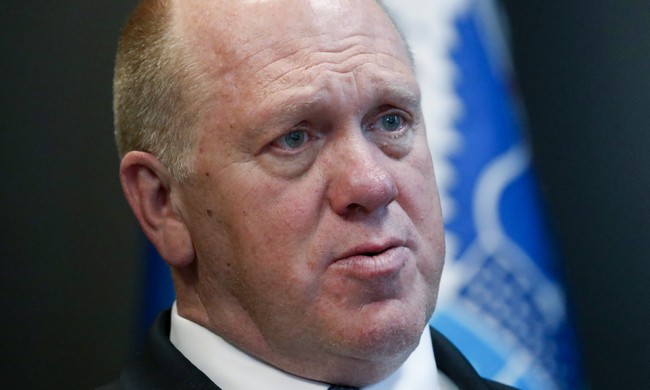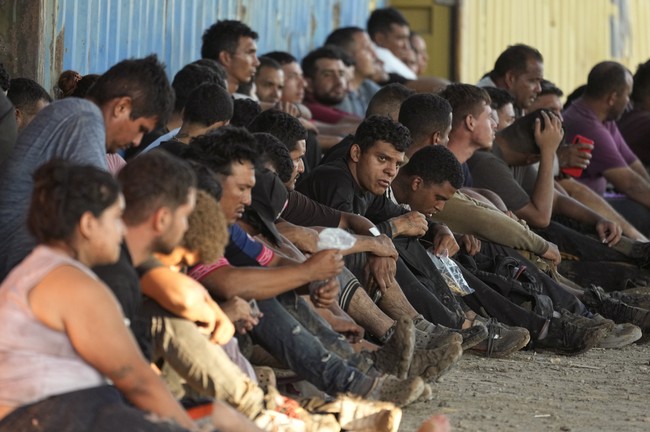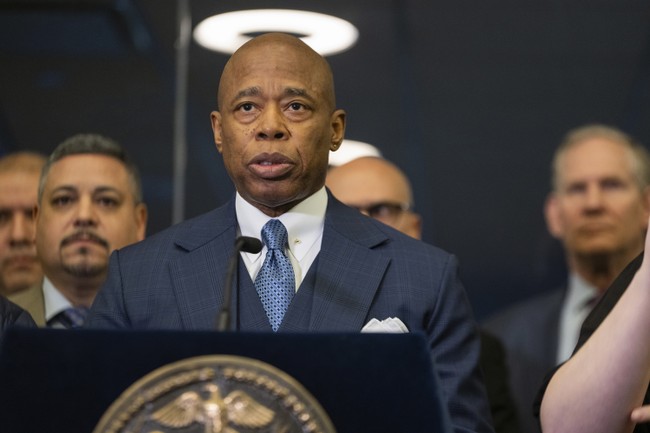US Arms Sales to Israel amid Controversies
Explore how a recent $7 billion arms deal with Israel aligns with broader US Middle East policies, touching on conflicts and diplomatic strategies.
Published February 11, 2025 - 00:02am

Image recovered from arabnews.com
The United States has announced a significant arms sale to Israel, valued at over $7 billion, further intensifying debates surrounding US foreign policy in the Middle East. This development comes shortly after President Donald Trump hosted Israeli Prime Minister Benjamin Netanyahu at the White House, highlighting renewed US-Israeli military cooperation. Amidst a backdrop of fluctuating regional tensions, this arms deal has drawn attention both domestically and internationally.
The transaction includes a wide array of munitions, guidance kits, and missiles, featuring 166 small diameter bombs, thousands of variously sized bombs, and 3,000 Hellfire missiles. These weapons are expected to reinforce Israel's military capabilities amidst ongoing security challenges in the region. Observers note that this move coincides with a delicate ceasefire agreement between Israel and Hamas, aimed at de-escalating tensions after the latest confrontations in Gaza.
Trump's government has been unwavering in its support for Israel, lifting previous holds on sensitive military equipment shipments that had been paused due to humanitarian concerns during previous administrations. This decision aligns with Trump's broader strategy of fostering strong military alliances with key regional partners. Critics, however, argue that such sales contribute to an arms race that further destabilizes the already volatile region.
Israel, a longstanding ally of the US, emphasizes the necessity of these arms to counter threats from groups like Hamas and Hezbollah, often suggesting that they serve as vital deterrence tools against regional adversaries. Israeli Prime Minister Benjamin Netanyahu has praised Trump as a true friend of Israel, underscoring the strategic importance of these arms for national defense.
Given the contentious nature of the conflict, this arms deal has sparked varying reactions across the political spectrum. Some American lawmakers have raised concerns over the ethical implications of such sales, pointing to past incidents of civilian casualties resulting from Israeli military operations. There is also worry about the impact of an escalating arms spiral in the Middle East.
Meanwhile, Trump continues to advocate for a controversial plan to relocate Palestinians from Gaza and repurpose the territory as an international tourist destination. This proposal, coupled with the arms sales, forms part of a broader agenda to reshape America's Middle East strategy, emphasizing strong alliances with Israel and other regional powerhouses.
The arms deal, alongside Trump's bold proposals, underscores the complexities and intricacies of Middle Eastern geopolitics. As the arms are delivered over the coming years, diplomatic balances and regional security dynamics will likely continue to shift, influencing both peace and conflict narratives. This scenario presents daunting challenges and opportunities for future administrations navigating US foreign policy.







